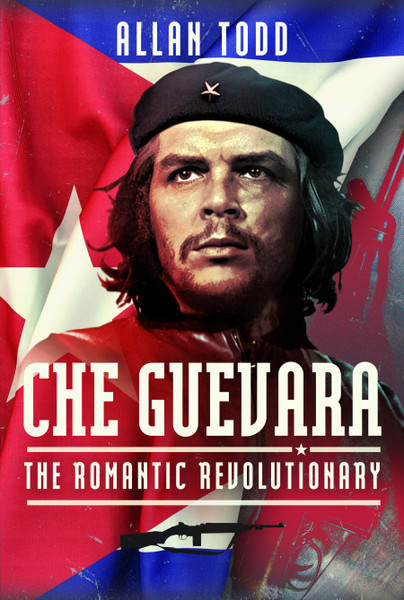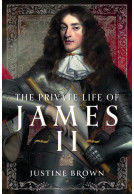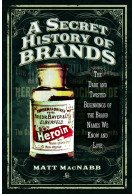Che Guevara (Hardback)
The Romantic Revolutionary
Imprint: Pen & Sword History
Pages: 280
Illustrations: 20 mono illustrations
ISBN: 9781399042734
Published: 7th June 2024
(click here for international delivery rates)
Need a currency converter? Check XE.com for live rates
| Other formats available - Buy the Hardback and get the eBook for £1.99! | Price |
|---|---|
| Che Guevara ePub (27.4 MB) Add to Basket | £6.99 |
Although Che Guevara was murdered almost sixty years ago, the famous red-and-black image of him is still widely seen around the world: at leftist political demonstrations and, ironically - given his strong opposition to capitalism - on many commercial products. However, he was a controversial figure during his lifetime - and remains so today. On both the political left and the political right, attitudes to him vary widely: while some see him as a romantic, highly-principled and legendary fighter for the world’s poor and exploited masses, others depict him either as an unrealistic and thus irrelevant adventurer, or even as a ruthless and cold-blooded butcher. Consequently, biographies about him over the decades have ranged from the overly sympathetic, to the extremely hostile.
As well as covering aspects of his family life and his loves - and his early, sometimes less-than-revolutionary, attitudes - this biography, as expected, deals with those areas for which Che is best known. These include his adventurous explorations, as a young man on a motorbike, of Latin and Central America; his leadership and bravery during Cuba’s Revolutionary War; his practical and theoretical contributions to the conduct of guerrilla warfare; and his emergence as an international revolutionary legend who inspired radical young people in the 1960s, and who continues to inspire rebellious people around the world today.
However, this biography also explores other aspects of Che’s life which are not so well-known. From an early age, he developed a keen love of reading, covering an eclectic mix of adventure stories, poetry, history and philosophy - and, from his teens, he began a lifetime habit of making notes on what he read. He also became a strong chess player, able enough to draw with one of the world’s leading grandmasters. Even during guerrilla campaigns, he managed to maintain those loves.
Since his murder, he has emerged as an original contributor to Marxist economics and philosophy. It was his wide-ranging studies that led him to become an outspoken opponent of the ‘orthodox’ communism followed in the Soviet Union - and of its Cold War foreign policy of ‘peaceful coexistence’. His tolerance of, and willingness to work with, those having different views saw him accused of Maoism - and even Trotskyism. More accurately, Che has bequeathed the unique strand of revolutionary socialism known as ‘Guevarism’.
Provides much needed insight into an oft-mythologized figure, recognized more by westerners as a t-shirt mascot, than as the flesh-and-blood fighting, studying, dreaming soldier he was.
NetGalley, Jenny Mingus
Allan Todd provides a service to the movement in telling the story of Che’s life as well as discussing his legacy, all in a couple of a hundred pages. Che’s example is therefore still relevant today. He was no Stalinist, a copy of Trotsky’s History of the Russian Revolution was found in his knapsack in Bolivia Nothing is possible if we just accept nothing can really change. His love of humanity, his poetry shows us that we are fighting for an infinitely better world. As Ernest Mandel, quoted in the book, said: “Hopes and dreams are … categories of revolutionary Realpolitik.”
Dave Kellarway, ACR
About Allan Todd
Allan Todd was a teacher, exam workshop leader and senior examiner of 20th Century/Modern World History for over 25 years. He also lectured in Modern European and World History for the Extra-Mural Boards of Cambridge University and the University of East Anglia, and has written numerous GCSE, A Level and IB History textbooks and revision guides - including Revolutions, 1789-1917.
The Cuban Missile Crisis To Armageddon and Beyond (Hardback)
It is sixty years since the events of October 1962 brought the world close to nuclear catastrophe. The Cuban missile crisis has long been recognised as the moment of greatest danger in the life (and near death) of humanity. In those sixty years, our knowledge and understanding of events have undergone significant change. There are some reasons to be encouraged, inasmuch as we have learned how both President John F. Kennedy and Premier Nikita Khrushchev sought to avoid nuclear war. More ominously, we have learned of incidents and events that suggest nuclear weapons might have been used by subordinate…
By Len ScottClick here to buy both titles for £47.00
















